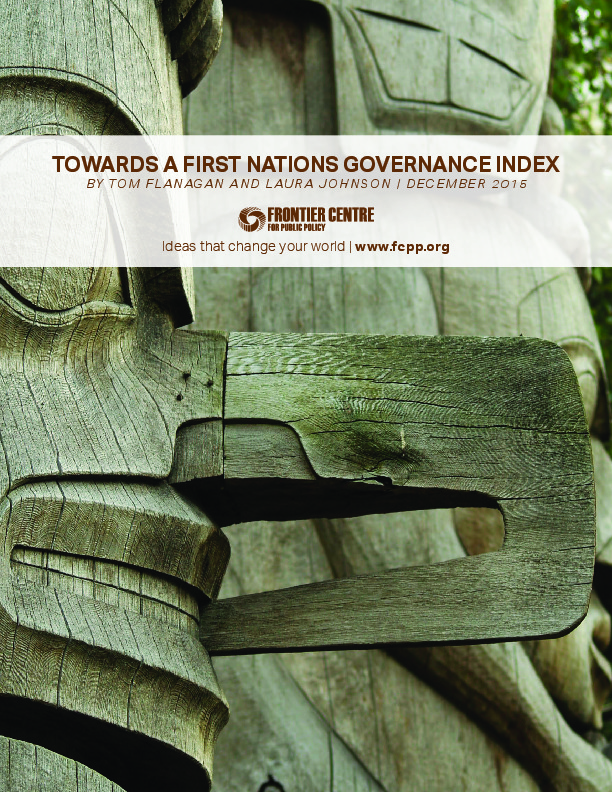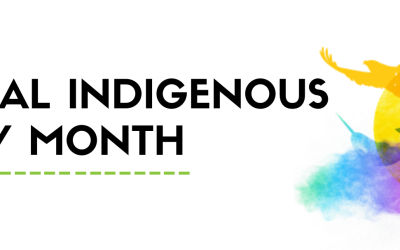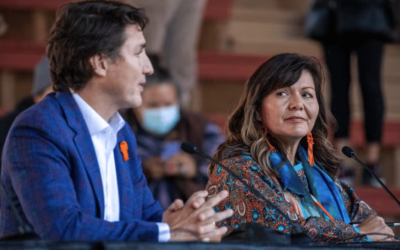Honest, efficient government that respects property rights and the rule of law facilitates the achievement of prosperity and well-being in all jurisdictions, including First Nations. Therefore, it would be useful to have an index of governmental performance for First Nations. This paper takes the first steps toward constructing a First Nations Governance Index (FNGI). Seven variables, based on publicly available information, have been discovered that correlate with the Community Well-being (CWB) Index calculated for First Nations communities by Aboriginal Affairs and Northern Development Canada. A multiple regression model using these variables explains about 40% of the variance in the 2011 CWB. An additive FNGI constructed from six of the variables performs equally well as a predictor. Given that many other factors contribute to well-being, this version of the FNGI performs remarkably well. It can be used to evaluate the performance of First Nations governments and identify areas for possible improvement. Also, it can probably be further refined when additional explanatory factors are identified and gaps in the data are filled.
Canadian Property Rights Index 2023
A Snapshot of Property Rights Protection in Canada After 10 years



